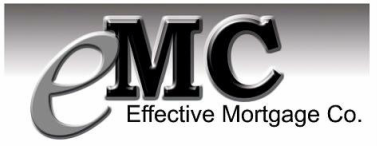Consider this a “big picture” look at your finances. Lenders want to be sure you’re not living paycheck-to-paycheck, and that you can cover your mortgage as well as credit card debt, auto loans, child support and any other recurring monthly debt payments.
The percentage fluctuates, but generally the amount of money you spend on your mortgage and other debts should be no more than 45% of your total monthly pre-tax income. The actual percentage changes based on the type of loan, the sales price of the home, and the lender you choose.
To calculate your DTI, add up your recurring monthly expenses, including your proposed housing expenses, and divide by your monthly pre-tax income. If your housing expenses total $1,000, your car loan is $250 and your credit card averages $300 every month, you’d have expenses totaling about $1,550. If your pre-tax monthly paycheck is $3,750, that gives you a DTI of 41%. This is also known as the “back-end ratio.”
You may see DTI written as a fraction, such as 28/41. The second number is the back-end ratio. The first number is called the front-end ratio. This is the calculation of how much you spend on housing costs compared to your income. When making these calculations, it’s important to remember that your mortgage payment is not your sole housing expense; taxes, insurance, and other fees are part of this number. The most common limit today for a front-end ratio is 28%. FHA loans may allow a higher number.
A few years ago, during the housing boom, some lenders allowed DTIs up to 55% for nonconforming loans. These days, lenders are more wary about ensuring their borrowers are a good risk and unlikely to default on their debt. As credit requirements have risen, DTIs have dropped. So a borrower with a high credit score and low DTI will more easily secure a loan with favorable terms in today’s market. These days, your DTI may be just as important as your credit score when you are applying for a new home mortgage.
It’s important to remember that your DTI is not a true calculation of all your monthly expenses. It does not include food, clothing, fuel, utilities, health/car insurance and other such expenses.
So, just like a bodybuilder trying to bulk up, when you’re looking for a new home financing loan, the amount in (your income) should be greater than the amount out (your expenses).


